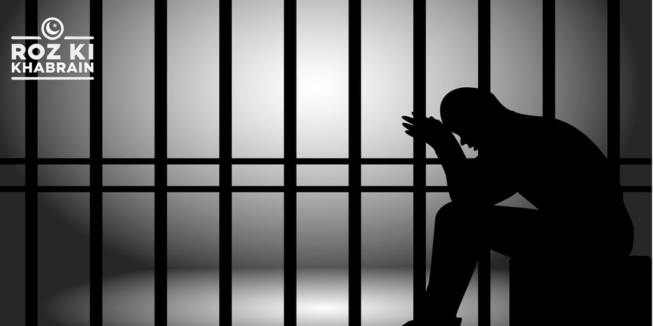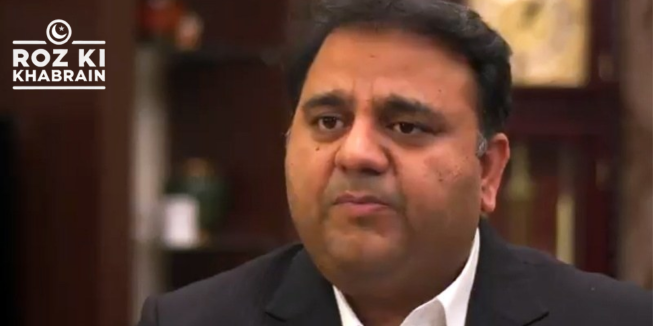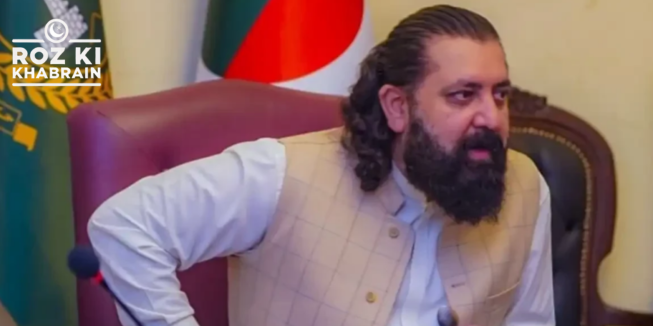LAHORE: Chief Justice of Pakistan (CJP) Yahya Afridi has launched a consultation process aimed at creating a National Jail Reform Policy, designed to implement systemic improvements in Pakistan’s prison system in accordance with international standards.
This development occurred during a crucial consultative meeting in Lahore, chaired by the Chief Justice, marking the first discussion for developing the National Jail Reform Policy, which focuses on prison reforms and inmate welfare as part of a broader strategy for criminal justice reform in Pakistan.
Attendees included Lahore High Court Chief Justice Aalia Neelum, LHC Administrative Judge Justice Shams Mehmood Mirza, secretaries from the Home and Prosecution Departments, Inspectors General of Police and Prisons, the Supreme Court registrar, Law and Justice Commission of Pakistan (LJCP) secretary, Central Prison Lahore Superintendent Saima Amin Khawaja, and human rights activists.
Among the participants were Senator Ahad Khan Cheema and Khadijah Shah, leaders from both treasury and opposition parties, who have firsthand experience of imprisonment.
CJP Afridi articulated his vision for modernizing Pakistan’s criminal justice system, highlighting the necessity of a humane and effective prison system to uphold a fair legal framework. He referenced alarming data from the LJCP, which indicated that there are 108,643 inmates housed in facilities designed for only 66,625 individuals.
“Punjab is particularly burdened, with 67,837 prisoners confined in prisons intended for just 36,365. Of these, 36,128 are under-trial prisoners, many of whom have been waiting for over a year for their trials, underscoring a critical issue in the justice system,” he noted.
The Chief Justice emphasized the urgency of addressing these pressing challenges in Punjab as part of a phased approach that will eventually encompass the entire nation.
“This strategic emphasis on Punjab highlights his commitment to impactful and sustainable reforms in the areas most in need,” stated the LJCP.
The consultative meetings began in Lahore—the capital of Punjab and the province with the most overcrowded prisons—and will extend to other cities to gather insights and build consensus on reform initiatives.
The agenda focused on the LJCP’s proposal for a National Jail Reform Policy, aligning with international standards such as the Nelson Mandela Rules, Bangkok Rules, and Beijing Rules to ensure humane and rehabilitative management across Pakistan’s correctional facilities.
Attendees expressed strong support for the proposal, considering a phased plan that promotes alternative sentencing options and rehabilitation initiatives for under-trial prisoners.
The establishment of a Jail Reforms Committee was also discussed, which aims to develop strategies to reduce overcrowding, enhance inmate welfare, and improve case processing efficiency.
Additionally, the proposed Terms of Reference (ToRs) for the National Committee will guide structured efforts to reduce under-trial detention, improve case management, and implement comprehensive rehabilitation programs.
CJP Afridi formed a sub-committee composed of Justice (retd) Shabbar Raza Rizvi, Saima Amin Advocate, Senator Cheema, and Khadijah Shah to inspect jails across the province.
This sub-committee will present recommendations to streamline the process of addressing the high number of under-trial prisoners and advocate for alternative sentencing options, including community service and probation.
Further commitments include expanding rehabilitative programs within jails, such as vocational training, mental health support, and educational initiatives to assist inmates in successfully reintegrating after their release.
With the guidance of the Chief Justice and the analytical support provided by the LJCP, these initiatives aim to bring transformative and systemic improvements to Pakistan’s prison system.
By prioritizing humane treatment, rehabilitation, and efficient case management, this collaborative framework aims to establish a sustainable and just prison system that upholds human dignity and fosters rehabilitation nationwide.




